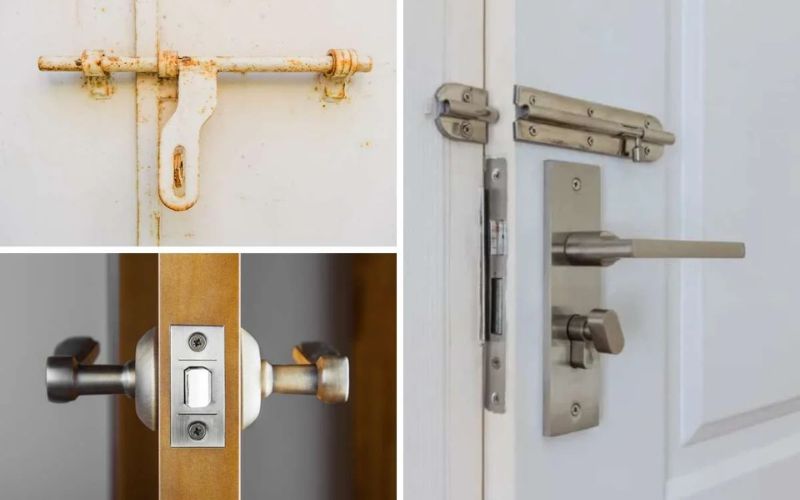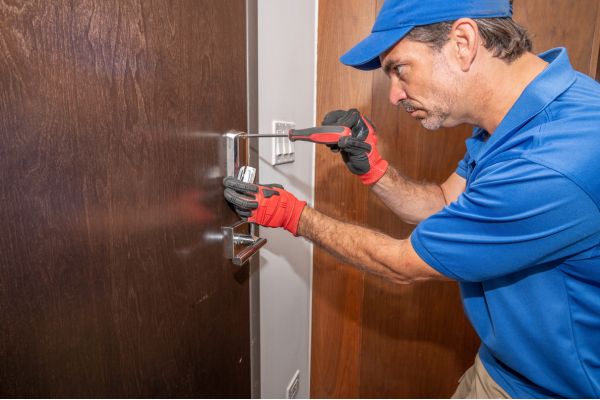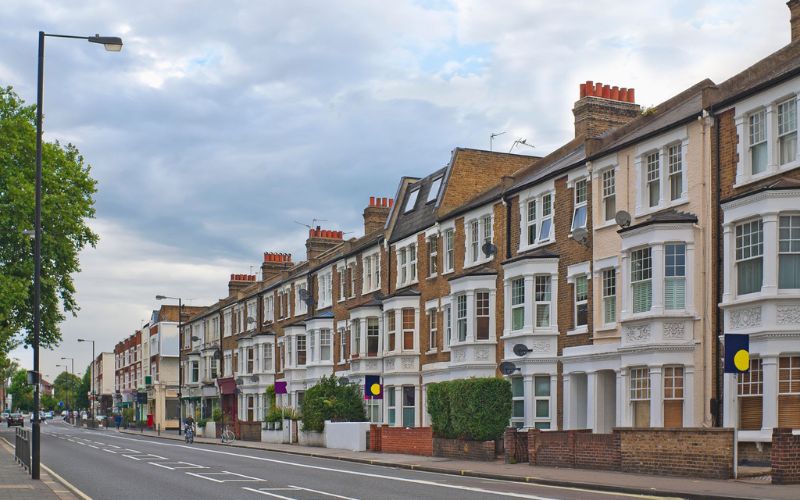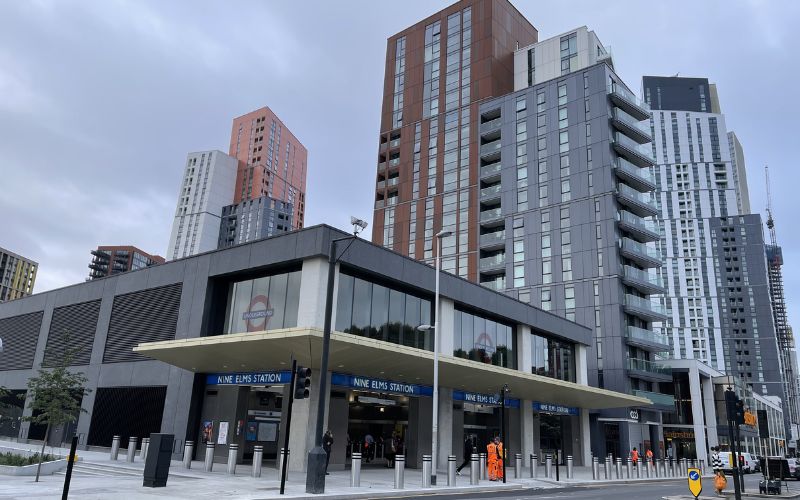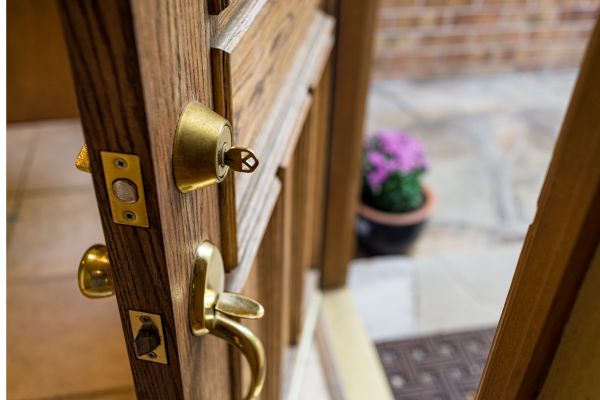Locks are an essential part of our daily lives, providing security and peace of mind. However, when it comes to changing locks, the process can vary depending on the type of lock you have. It is important to understand the different types of locks and how they can affect the time required to change them. In this article, we will explore the various types of locks commonly found in residential and commercial settings and discuss their impact on change time.
Different Types of Locks:
Cylinder Locks:
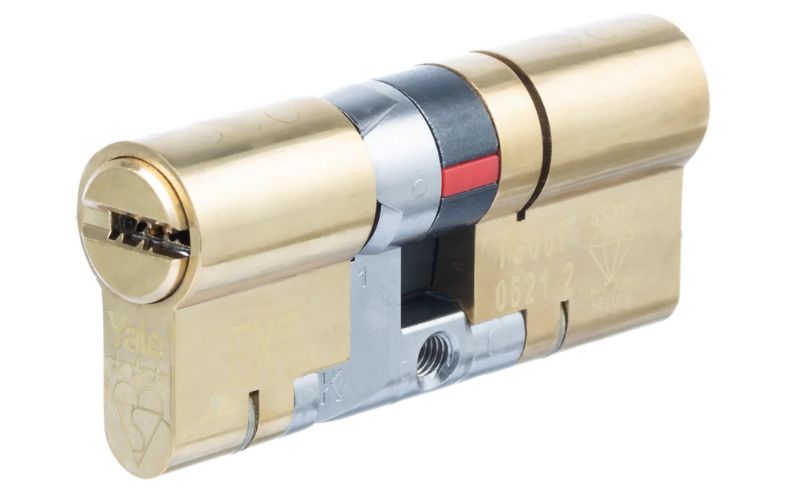
Cylinder locks, also known as pin tumbler locks, are one of the most common types of locks used in homes and businesses. They consist of a cylindrical body with a keyhole and a series of pins that align when the correct key is inserted. Cylinder locks can be either single-cylinder or double-cylinder, with the latter requiring a key to operate from both sides. Changing cylinder locks typically involves replacing the entire lock mechanism or just the cylinder, depending on the situation.
Mortise Locks:
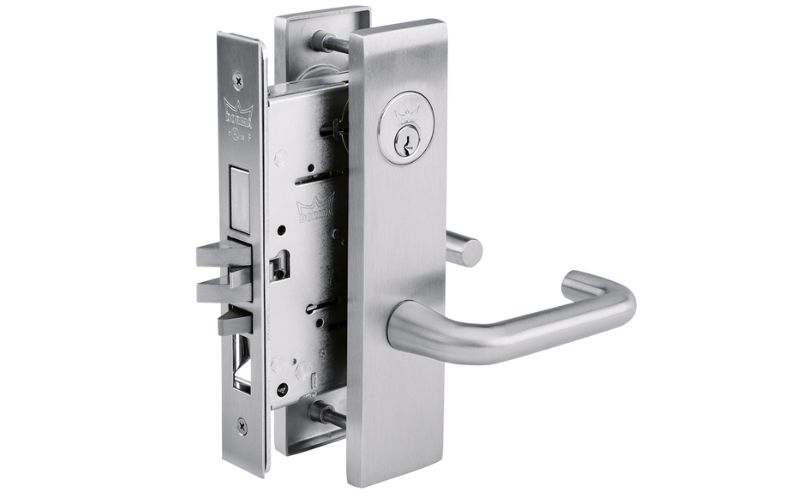
Mortise locks are commonly found in older properties and are known for their durability and security. They are installed within a pocket or mortise in the door, comprising a large rectangular body with a keyhole and a lever or knob for operation. Changing a mortise lock usually requires removing the entire lock body and installing a new one, which can be a more time-consuming process compared to cylinder locks.
Deadbolt Locks:
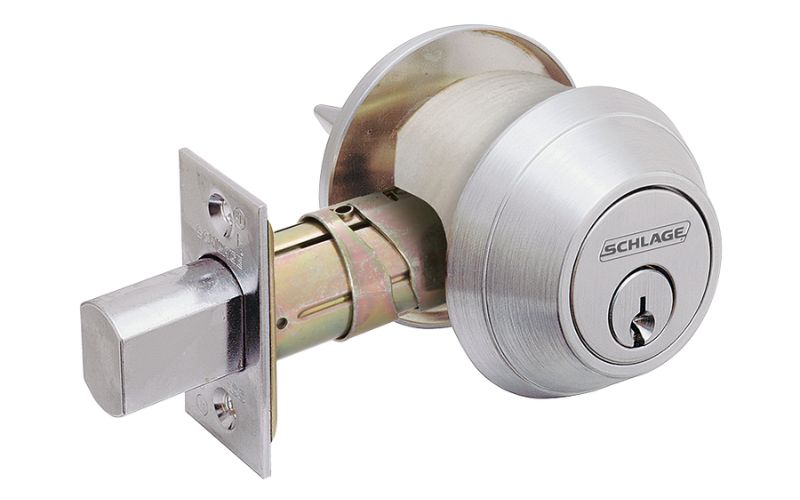
Deadbolt locks offer an additional layer of security and are often used as a secondary lock on external doors. They consist of a solid metal bolt that extends into the door frame, providing resistance against forced entry. Changing a deadbolt lock typically involves removing the old lock and installing a new one, which can be relatively straightforward and quick compared to other types of locks.
Smart Locks:
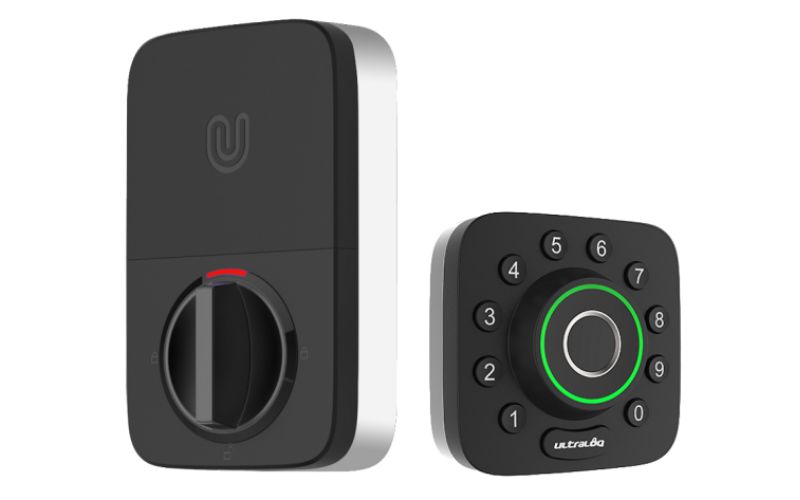
With advancements in technology, smart locks have gained popularity due to their convenience and added features. Smart locks can be operated using a smartphone, keypad, or biometric authentication, eliminating the need for traditional keys. Changing a smart lock may involve reprogramming the lock or replacing the electronic components, depending on the specific model and requirements.
Impact on Change Time:
The time required to change locks can vary based on the complexity of the lock type. Cylinder locks are generally quicker to change since only the cylinder or the entire mechanism needs to be replaced. Mortise locks, on the other hand, may require more time due to the need for removing and installing the lock body within the door. Deadbolt locks and smart locks fall somewhere in between, depending on the specific design and installation requirements.
It is important to consult with a professional locksmith when considering lock changes. They have the knowledge and expertise to handle different types of locks efficiently, ensuring a smooth and secure transition. By understanding the different lock types and their impact on change time, you can make informed decisions and plan accordingly when it comes to updating your security measures.
The Role of Professional Locksmiths in Lock Changes
Lock changes are essential for maintaining the security of your home or business. When it comes to replacing locks, it is crucial to enlist the services of a professional locksmith. These skilled individuals play a vital role in ensuring that your lock changes are conducted efficiently and effectively. In this article, we will explore the role of professional locksmiths in lock changes and why their expertise is invaluable.
1. Assessing Security Needs
Professional locksmiths have a deep understanding of security measures and can assess your specific needs. They will evaluate the current state of your locks, consider your property’s vulnerabilities, and recommend the most suitable locks for your situation. Their expertise helps ensure that you choose the right locks that provide optimal security.
2. Knowledge of Different Lock Types
Locksmiths are well-versed in the various types of locks available on the market. They can guide you in selecting the appropriate lock based on your requirements, taking into account factors such as level of security, ease of use, and compatibility with your doors or windows. Their knowledge ensures that you make informed decisions regarding the lock changes.
3. Proper Installation
Professional locksmiths possess the skills and experience necessary to install locks correctly. They understand the intricacies of different lock mechanisms and have the specialized tools to perform precise installations. Proper installation is crucial for ensuring that locks function optimally and provide the intended security.
4. Efficient and Timely Service
Locksmiths are trained to handle lock changes efficiently and with minimal disruption. They come equipped with the necessary tools and knowledge to complete the job promptly. Their expertise allows for a smooth transition, ensuring that your property remains secure throughout the process.
5. Security Upgrades
Lock changes present an opportunity to enhance your security measures. Professional locksmiths can suggest additional security features, such as reinforced strike plates, deadbolts, or smart locks, to further strengthen your home or business’s security. They can provide valuable insights and recommendations based on their extensive knowledge of security systems.
6. Post-Installation Support
Professional locksmiths offer post-installation support, including guidance on lock operation and maintenance. They can provide tips on maintaining the longevity and functionality of your locks, as well as troubleshoot any issues that may arise.
7. Peace of Mind
By hiring a professional locksmith for lock changes, you gain peace of mind knowing that the task is in capable hands. Their expertise and attention to detail ensure that your property’s security is not compromised during the process. You can trust that the lock changes will be carried out with the utmost professionalism and precision.
Conclusion:
In conclusion, the type of lock you have will determine the time required to change it. Cylinder locks are typically quicker to change, while mortise locks may require more time due to their complex installation. Deadbolt locks and smart locks fall in between, depending on their specific design. Consulting a professional locksmith is crucial for efficient and secure lock changes. Contact us: 03301131652
FAQ
Q: Why should I hire a professional locksmith for lock changes?
A: Professional locksmiths have the expertise and knowledge to assess your security needs, recommend the right locks, and ensure proper installation. They provide efficient and timely service, offer security upgrades, and provide post-installation support.
Q: Can I change locks myself without hiring a locksmith?
A: While it may be possible to change locks yourself, it is recommended to hire a professional locksmith for optimal security. They have the necessary tools, skills, and experience to handle lock changes efficiently and ensure proper installation.
Q: How long does it take to change locks?
A: The time required to change locks depends on various factors, including the number of locks, lock type, and complexity of the installation. A professional locksmith can assess the situation and provide an estimated time frame based on your specific needs.
Q: Can a locksmith rekey locks instead of replacing them?
A: Yes, locksmiths can rekey locks, which involves changing the lock’s internal pins and tumblers to match a new key. Rekeying is an option if you want to maintain the existing lock but require a different key.
Q: What should I do if I’ve lost all my keys?
A: If you’ve lost all your keys, it is recommended to contact a professional locksmith immediately. They can help you gain access to your property by either rekeying the existing locks or installing new ones, depending on the situation.

